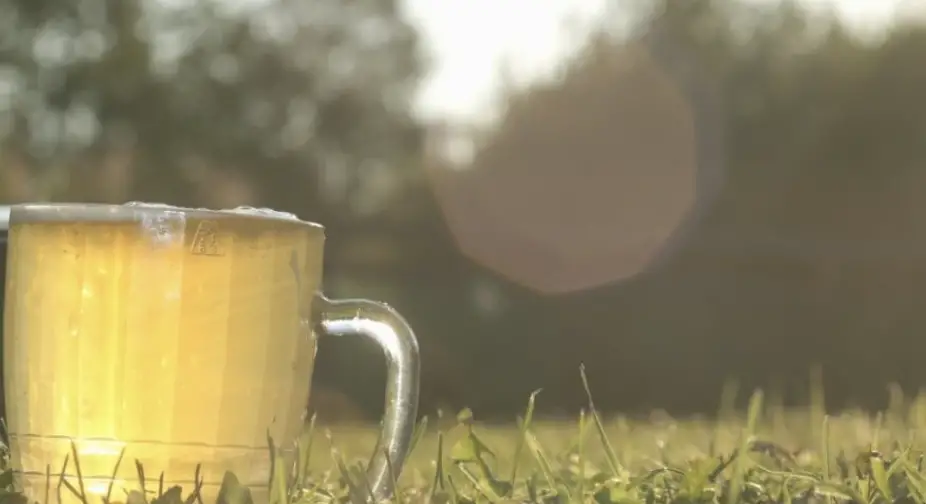
Cheers to Greenery: Unveiling the Relationship Between Beer and Plants
In the world of gardening and horticulture, the concept of using unconventional ingredients to nurture plant growth is not entirely unheard of. One such surprising element that has sparked curiosity among gardeners is beer. While beer is primarily known as a beverage enjoyed by humans, some have wondered if it can have any positive impact on plant health and vitality. In this blog post, we’ll explore the potential benefits of using beer in gardening, shedding light on whether it’s indeed good for plants.
The Brew Behind the Buzz:
Before delving into the potential effects of beer on plants, it’s essential to understand the composition of beer. Beer is a fermented alcoholic beverage made from water, malted barley, hops, and yeast. Its ingredients provide a mix of organic compounds, nutrients, and natural sugars that could potentially influence plant growth.
The Claims: Can Beer Benefit Plants?
- Slug Control: One common belief is that beer can be used to trap and control slugs and snails. The idea is to set up containers of beer near plants vulnerable to these pests. Slugs are attracted to the beer’s aroma, fall into the container, and are unable to escape.
- Fertilizing Potential: Some gardeners suggest that the nutrients and sugars in beer can provide an additional source of nourishment for plants, especially in compost or soil mixes.
- Plant Stress Relief: It’s speculated that the sugars in beer might enhance beneficial microbial activity in the soil, potentially helping plants during periods of stress or encouraging root growth.
The Science Behind the Sip:
While the claims about beer’s positive effects on plants are intriguing, scientific research on this topic is limited. The benefits of beer for plants, if any, might vary depending on factors such as plant species, soil conditions, and beer composition.
Guidelines for Experimentation:
If you’re curious about using beer in your gardening endeavors, consider the following:
- Slug Control: To test the slug-attracting theory, place shallow containers of beer near your plants and observe the results. Be sure to use inexpensive beer, as high-quality brews are better enjoyed by humans.
- Fertilization: If you choose to experiment with beer as a potential nutrient source, do so in moderation. Dilute beer with water and apply it to the soil around your plants. Monitor plant response to ensure there are no adverse effects.
- Consider Alternatives: While beer might offer some potential benefits, there are more conventional and proven methods for promoting plant health, such as proper watering, soil enrichment, and pest control techniques.
Conclusion: A Curious Connection
While the idea of using beer in gardening is intriguing, it’s important to approach the practice with cautious curiosity. The scientific evidence supporting beer’s benefits for plants is limited, and it’s essential to consider established gardening practices when nurturing your greenery. While you may not want to pour your prized craft brew onto your plants just yet, feel free to raise a glass to the fascinating connection between the world of brewing and the wonders of the natural world. Whether you’re toasting to your garden’s growth or simply enjoying the fruits of your labor, the relationship between beer and plants is a unique and intriguing aspect of the world around us.






